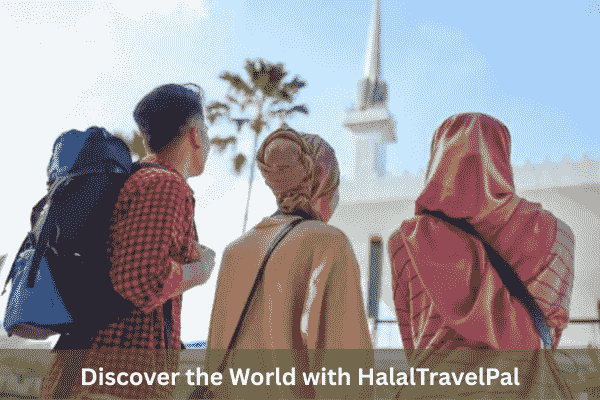


Over the last decade, the travel landscape has changed dramatically. What was once considered a niche—halal or Muslim-friendly travel
Over the last decade, the travel landscape has changed dramatically. What was once considered a niche—halal or Muslim-friendly travel—is now being recognized as one of the most promising and fastest-growing sectors in the tourism industry.
With over 200 million Muslim travelers expected to be on the move annually by 2026, destinations and brands that cater to this audience are seeing major returns—not just financially, but also in loyalty, trust, and long-term reputation.
Muslim-friendly travel doesn’t just mean visiting a Muslim-majority country. It refers to travel experiences where key Islamic needs are respected and accommodated. These include:
Availability of halal food
Spaces for prayer
Modest accommodation and activities
Alcohol-free environments
Safety and cultural sensitivity
For Muslim travelers, these features are not luxuries—they’re necessities that allow them to feel spiritually and socially comfortable during their journey.
Millennial and Gen Z Muslims are shaping how and where people travel. With disposable income and a desire for meaningful, ethical, and culturally respectful experiences, they are pushing the industry to adapt.
Destinations like Malaysia, Turkey, UAE, Indonesia, and even Japan and South Korea are investing heavily in halal infrastructure. From halal-certified restaurants to prayer spaces at airports and malls, these changes are being driven by demand—and they’re working.
Finding accurate, trustworthy, and up-to-date information can be difficult for Muslim travelers. That’s why dedicated platforms are essential—they help Muslims plan trips confidently without having to piece together scattered resources.
One such platform, HalalTravelPal.com, brings together a growing global community of Muslim travelers. It offers destination guides, halal tips, discussion forums, and real experiences—all in one place.
These platforms act like digital travel companions. They answer common questions like:
Where can I eat halal in Prague?
Is it safe to wear hijab in this city?
Which hotels offer prayer mats or qibla direction?
Are there Muslim-friendly beach resorts in Europe?
What makes the halal travel movement powerful is that it’s not only about tourism—it’s about representation. It allows Muslims to travel the world confidently, without leaving their identity behind. It also helps non-Muslim businesses learn and grow by becoming inclusive and respectful.
Whether you’re a solo traveler, a family on holiday, or a couple on honeymoon, the halal travel world is open, growing, and more welcoming than ever before.
Final Thought:
As the demand for value-based travel rises, the need for halal-friendly guidance will only grow stronger. The future of travel is inclusive—and Muslim travelers are leading the way. For more information visit our website Halaltravelpal.
